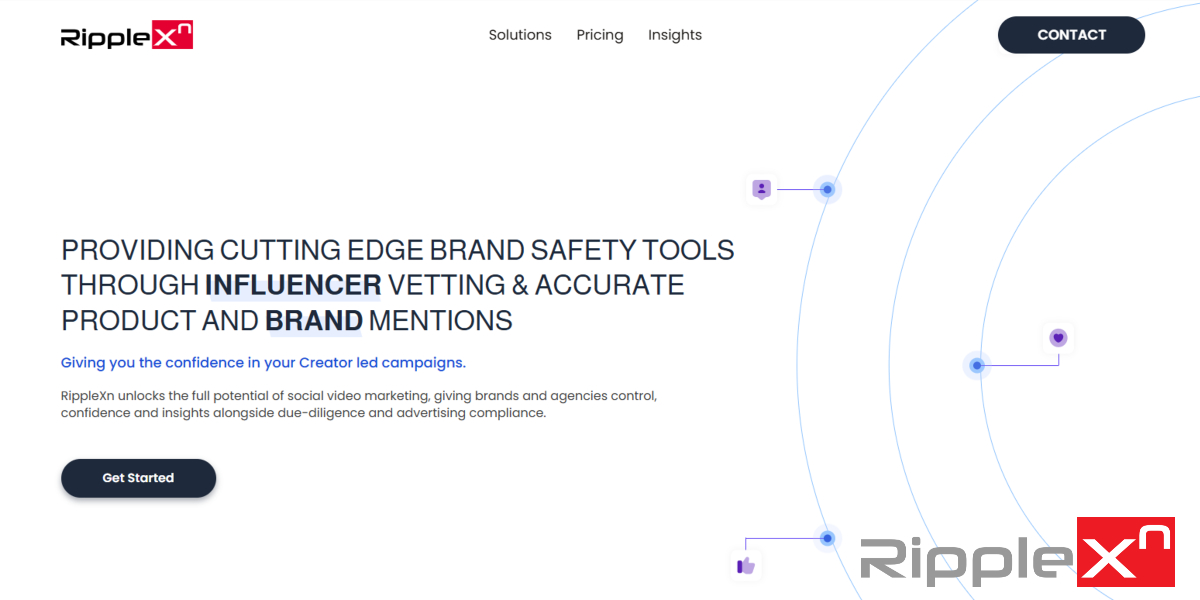What is a Responsible Marketing Framework?
Responsible marketing is a deliberate strategy framework where a brand/company takes into account the environmental, social and wider impacts of its promotions, advertising, company operations through the physical product/service delivery.
There isn’t a widely accepted single definition. But, according to the World Federation of Advertisers, 87% of larger businesses say having a framework is essential, but under half suggest it directly links to their ESG goals. The same study found that 83% do cover marketing and its impact on children, and 75% have dedicated wording about influencer marketing. WFA’s report >> These were just larger businesses with formal marketing departments.
The Role of RMFs
RMFs serve as a guide for businesses, ensuring that their marketing strategies align with ethical standards, societal norms, and regulatory requirements. They help companies maintain their brand image, enhance customer trust, and avoid legal complications. However, the WFA's report highlights that many businesses are yet to develop comprehensive RMFs that address all critical aspects of responsible marketing.
What could be in your Responsible Marketing Framework?
A Responsible Marketing Framework is a set of guidelines and principles that help businesses ensure their marketing practices are ethical, transparent, and sustainable. It's like a roadmap for navigating the increasingly complex landscape of consumer expectations and societal concerns.
Here's a breakdown of the key aspects of a Responsible Marketing Framework:
Core Values:
- Consumer well-being: Prioritising the safety, privacy, and mental health of consumers over short-term gains.
- Transparency and authenticity: Avoiding misleading or deceptive tactics and being honest about products and practices.
- Inclusion and diversity: Representing diverse communities and perspectives in marketing materials.
- Environmental responsibility: Minimising the environmental impact of marketing activities and promoting sustainable practices.
- Ethical sourcing and labour practices: Ensuring fair treatment of workers throughout the supply chain.
Key Areas of Focus:
- Product claims and advertising: Avoiding exaggerated or unsubstantiated claims, ensuring responsible use of data and targeting, and avoiding harmful stereotypes.
- Pricing and promotions: Avoiding manipulative tactics like pressure selling or hidden fees, and promoting responsible consumption.
- Social media engagement: Building genuine relationships with consumers, fostering positive online communities, and avoiding harmful content.
- Influencer marketing: Ensuring transparency in sponsored content and partnerships, and choosing influencers who align with brand values.
- Data privacy and security: Protecting consumer data and respecting individual privacy rights.
Benefits of Implementing a Responsible Marketing Framework:
- Builds trust and loyalty with consumers: People are increasingly looking for brands that align with their values, and responsible marketing can help build stronger relationships.
- Reduces reputational risk: Avoiding unethical practices can help prevent negative publicity and crises.
- Boosts innovation and creativity: Thinking about the impact of marketing can lead to new and more effective ways to reach customers.
- Contributes to a more sustainable future: Responsible marketing can help address social and environmental challenges.
RMFs rarely cover all the issues
While there is no one-size-fits-all Responsible Marketing Framework, there are publicly published examples that can provide a good starting point for businesses looking to develop their own approach. By implementing these principles, businesses can ensure their marketing is not only effective, but also responsible and ethical.
A RMF can tie up with the mission and core values of a company, and can shape employee and supplier thinking.
Being a framework should allow, if maintained with tactical executions and the latest laws, guidance and societal opinions
The need for specific guidelines on Influencer Marketing
Influencer marketing has become a powerful tool for brands to reach their target audience in a more authentic and engaging way. However, this marketing method also poses unique challenges and ethical considerations. Therefore, it is vital for businesses to include specific guidelines on influencer marketing in their RMFs. This includes criteria for selecting influencers, payment structures, expected work, and how influencers should align with the company's values and ethics. And can importantly cover what would breach their guidelines and allow termination and disavowing.
Conclusion
The importance of having a comprehensive and well-thought-out RMF cannot be overstated. It serves as a compass for businesses, guiding their marketing practices in a responsible and ethical manner. Advertising, and specifically influencer marketing, should be a key focus in these frameworks. By detailing how to select influencers, defining payment and work expectations, and outlining how collaborations should align with the company's values and ethics, businesses can ensure responsible and effective marketing practices.
So, if your company doesn’t yet have a RMF, or if your existing one doesn’t cover these aspects, it’s time to take action. After all, responsible marketing is not just good ethics, it’s good business.






